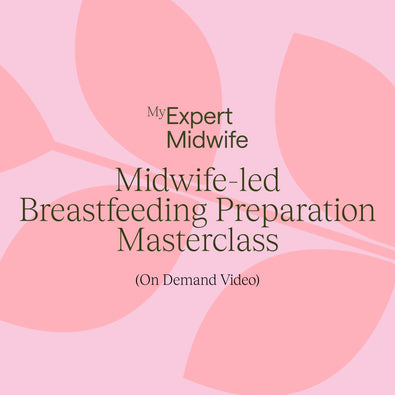The time following the birth of your baby can be one of stark contrasts. On one hand you can feel elated, empowered and in love with your newborn and, on the other, you may feel overwhelmed with the physical, mental and emotional impact of having a baby.
In many cultures around the world, the weeks that follow the birth of a baby are considered sacred. Women come together to care for the new mother whilst she recovers, gets to know her newborn, establishes breastfeeding and regains her strength. New mothers are revered, celebrated and lovingly looked after. All that’s left for them to do is recuperate and bond with their babies.
Most Western societies have sadly lost this appreciation for new mothers and, in many, the balance has actually tipped the other way and women are actively encouraged to ‘get on with it’ as soon as they’ve birthed.
Like most of us, you probably won’t have the good fortune of being looked after by your motherly tribe. Still, there are many ways to help you put your needs at the top of the list and here are some examples.
Accepting help
People naturally want to help. Think that, if the roles were reversed, you most likely wouldn’t want to see the people you love suffering or struggling. Guilt, shame or the learnt behaviour of ‘keeping up appearances’ can hold us back from accepting the help and support we desperately need.
It may help to see it this way: any support you receive will, in turn, benefit your baby. As you’ll feel less tired and overwhelmed, you’ll become more present and able to engage with your family. By reducing your stress, your levels of oxytocin (the hormone that makes you fall in love with your baby) will increase, benefiting your mental health, supporting breastfeeding and your relationship with your baby. Less stress also translates into increased awareness, making you a safer and happier parent.
Saying no
We are at our most vulnerable after we’ve had a baby, yet it can often feel as though our needs are pushed to one side to accommodate everyone else’s. Unless we are clear about what we need or want, we can continue to feel ignored and ‘pushed-over’ and this can have a detrimental effect on our physical, emotional and mental health.
It may be useful to remember that “No” is a full sentence. There is no need for you to justify your answer or apologise for it. If you feel you need to say more, honesty is your ally. Those eager visitors, for example, can be kept at bay with a simple “We’d love to see you, but right now is not a good time. We will be in touch”.
What makes you happy?
Can you take 30 minutes, or even an hour (?!), every day for yourself? If you have no-one to look after your baby, could you use the time during your baby’s nap?
Make your time count! A pedicure is nice, but will it help you feel physically, emotionally and mentally recharged in the long term? It may be all you have time for or feel like some days… and that is OK. Do think of what you really love and enjoy doing, though. What gives you a sense of disconnection from the routine ‘wheel’?
It may be singing, yoga, writing, reading, getting together with a friend, knitting or enjoying a long telephone call. Perhaps you’d enjoy going for a walk or even a drive by yourself. Or you could ask your partner to take your baby out for an hour and enjoy some home alone time.
What else can help?
Exercise increases levels of serotonin (‘calming hormones’) and endorphins (‘happy hormones’ that also provide natural pain-relief) in your body, so any form of it is bound to make you feel better.
No time? You could sneak in some cardio by speeding up your walk when going to the shops, do some core strengthening on the floor whilst your baby is on the play-gym or activate your leg and bottom muscles through squatting or lunging whilst you play peek-a-boo! If you can get to a Mum & Baby yoga class or boot camp, all the better.
Bedtime can be a big issue for new mums. Most wish they could go to bed at the same time as their baby but force themselves to stay up so they can either spend some time alone with their partner or catch up on chores. Or both!
Sleep is essential for your body and brain’s healing and repair. Chores can wait until tomorrow or, even better, be delegated. And you don’t have to be the ‘perfect partner’ and stay up with your partner when your baby has gone to sleep. Suggest an early night for both of you.
Summary
Learning to listen to our bodies and respond to our needs with compassion is paramount for our self-care. Being able to vocalise our needs will also help others to support us. It can be useful to remember that, in order to care for others, we first need to care for ourselves.


















